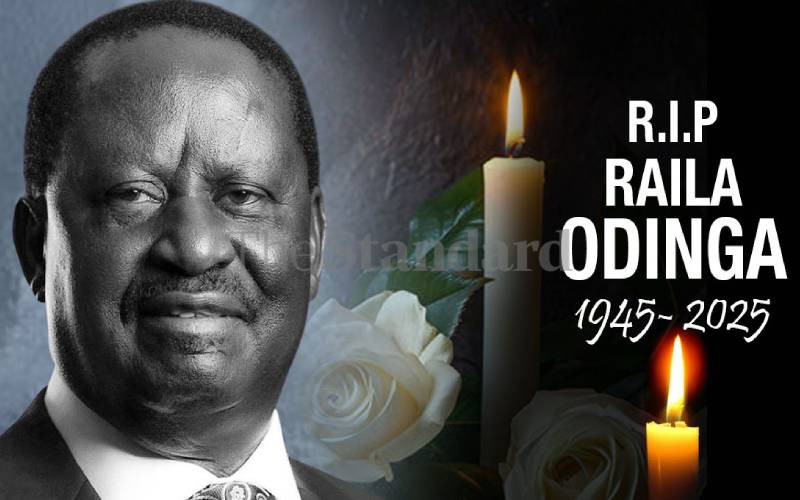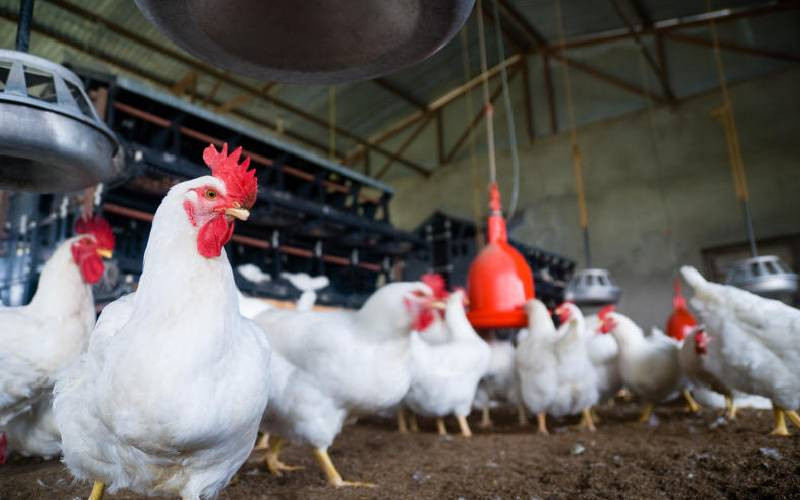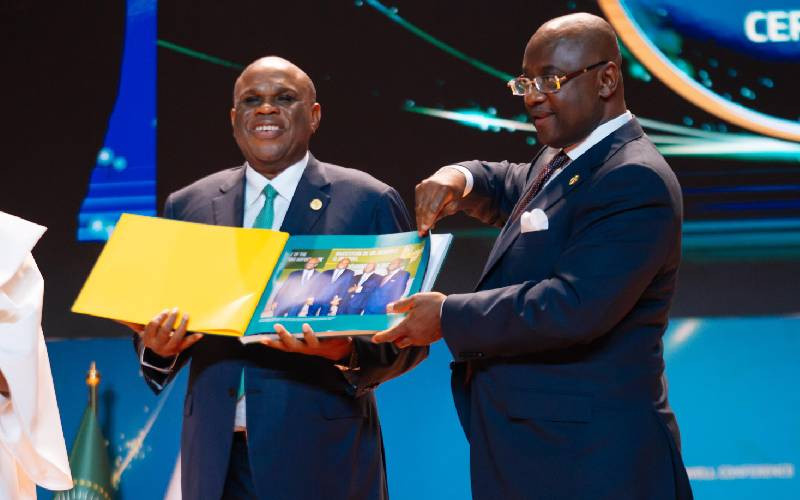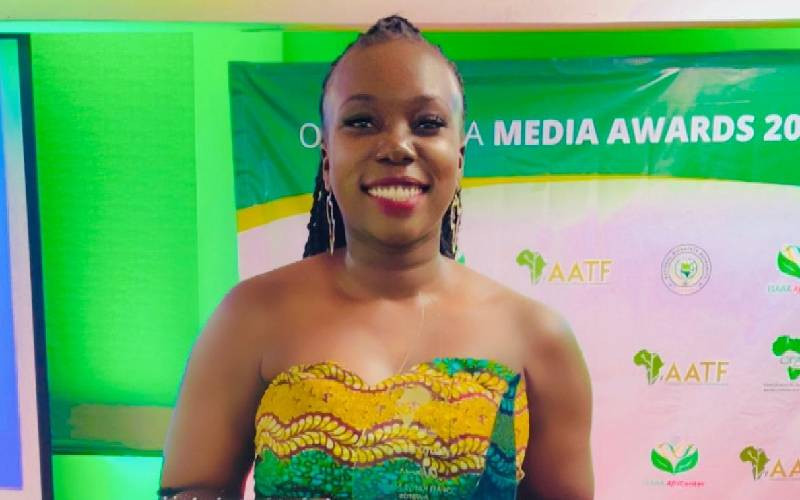
Out, out, brief candle!
Life’s but a walking shadow, a poor player
That struts and frets his hour upon the stage
And then is heard no more. It is a tale
Told by an idiot, full of sound and fury,
Signifying nothing.
These were the sorrowful words of Macbeth, a Scottish general, when he was told that his wife, Lady Macbeth, was dead, in Shakespeare’s Macbeth (Act V, Scene V). Engulfed by grief, Macbeth expresses the kind of pain wrought on the human psyche by the tragedy that is the loss of a loved one. One writer likened it to an echo in the bone.
It decapitates you, leaves you writhing in pain on the inside even as you open your arms for supportive hugs and smile at the sight of a friend in your hour of paralysis.
And so it has been since Wednesday, when the country learned that one of its foremost sons, former Prime Minister Raila Odinga, had rested.
In such moments, as one braces themselves to come to terms with the loss, ominous shadows dim the light in the soul’s cage. Logic is suspended, and many tend to doubt even the most certain truths. Some even swear against their very own religious beliefs!
The legend of Kenya’s quest for freedom has left us. Luckily, he did not leave the reading public flying blind. He left us a literary treasure trove to which we can always return to consult him on Kenya’s past, present and his musings on the future.
And as we keep saying in these pages, he leaves us in good stead, he who leaves us a lasting, living memory – a book. Mercifully, Baba left us not one but two great books.
Through The Flame of Freedom (2013), written with Sarah Elderkin, Raila Odinga shares his life journey and political career – his role in Kenya’s struggle for multi-party democracy, his sacrifices, triumphs and setbacks, including how the rule of law, peace and development have shaped and been shaped by his life and work.
In the book published by Mountain Top Publishers Ltd in Nairobi in 2013, Raila reflects on the challenges of the post-colonial state and sets out what he sees as a path forward for the country to achieve prosperity and unity.
Then there is Raila Odinga: An Enigma in Kenyan Politics by Babafemi A. Badejo (2006), a biographical and political science work whose title, I think, succinctly captures Baba’s centrality to the East African political terrain. Raila’s brother, Dr Oburu, gave us his autobiography, In the Shadow of My Father, launched in 2021.
Long before Raila and Dr Oburu gave us their books, their father had left us Not Yet Uhuru: The Autobiography of Oginga Odinga (1967). What a rich legacy from one family, and counting!
Of course, not many have read – or will ever read – these books. Yes, we live in a country where people come to your small home library and borrow a book, more as a PR stunt than a conscious decision to nourish the soul, which is what good books do.
Some come, lift a book off the rack, hold the title against the light, turn it around, then perform the obligatory squinting of the eye to indicate a careful consideration of the blurb. Then they return it, repeat the well-learnt motions and patterns, and suddenly their face is lit by the kind of spark that illuminates a eureka moment.
Stay informed. Subscribe to our newsletter
“I like works by this writer,” they will then declare, before victoriously lifting up the book and asking to take it away, promising to return it as soon as they are done reading.
They never do. Some don’t even get home with the book. Reading, it happens, is in reality so far down their list of priorities that they cannot maintain an attachment to a borrowed book long enough to get it home safely. So the copy is left at the bar counter, or at the salon, from where it is taken away by another person who, in all likelihood, will not read it either.
Which means that perhaps we should amplify efforts to introduce biographies, memoirs and autobiographies earlier in the learning journey for those who come after us. This is already happening in East Africa, courtesy of forward-looking curriculum development steps and the innovative energy exhibited by a couple of book publishers in the region.
This will help young readers see for themselves the triumphs, the missteps and the lessons from a past they never had the chance to live through. It will help them appreciate, in an experiential fashion, that books are living things.
Books whisper nuggets of wisdom to people you have never seen – and who will probably be living in a world that would be alien to you. Books help future generations appreciate where they are coming from and give them enough cultural and socio-political data to determine where, and how far, they want to go. Simply put, books do not just help you learn from experiences you never encountered.
They also help you travel to places you have never been, in a more nuanced way than someone who had the chance to buy a return ticket and finance a weeklong tour of the same setting.
Back to Baba. The legend has left in a month when we celebrate our heroes and reflect on what heroism constitutes. In fact, there has been a heated debate on what kind of people we should crown as our national heroes.
This conversation is supremely timely, especially in a country where a man queuing to vote while munching githeri from a banned kind of plastic bag catches the fancy of a whole nation. There was also that other guy who became a sensation by hitching a ride on the landing blades of a chopper.
Though no one branded our “James Bond” a hero, the absurdity of his instant fame was perhaps a pointer to the need for a sober conversation on heroism. For, while even true heroes are human, with their own failings, foibles and infirmities, we need to tread carefully.
We need to understand that the values of those we hold up as role models for the young ones are the values we prescribe for the future of the nation and region. It is to give us such an understanding, I believe, that Baba wrote. Rest well, Agwambo.







